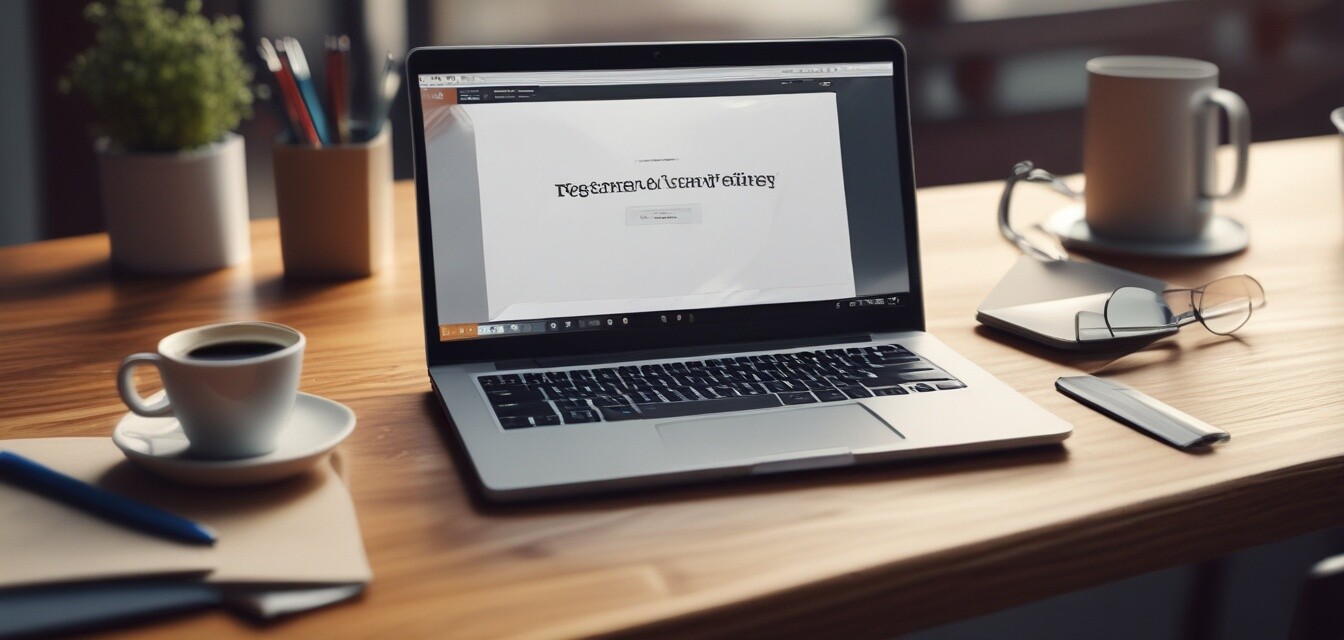
Effective strategies for laptop care and maintenance
Key Takeaways
- Regular cleaning and physical care can greatly enhance a laptop's lifespan.
- Software updates and virus protection are critical for optimal performance.
- Proper battery management can extend battery life significantly.
- Routine checks can prevent potential issues and save repair costs.
Keeping your laptop in top condition is essential for ensuring its longevity and performance. By following effective maintenance strategies, you can prevent unnecessary issues and improve the overall functionality of your device. This article delves into the best practices for routine laptop care and maintenance, providing valuable insights to extend durability and avoid common problems.
Why laptop maintenance is important
Regular maintenance can prevent costly repairs and keep your laptop running smoothly. Some benefits of maintaining your laptop include:
- Extending the lifespan of your laptop.
- Improving the speed and performance.
- Ensuring data security.
- Reducing the risk of hardware failures.
Best practices for routine maintenance
Physical care
Taking care of your laptop physically is the first step toward its maintenance. Follow these tips:
- Keep the laptop in a clean and dry environment.
- Avoid eating or drinking close to your laptop.
- Use a protective case when transporting it.
- Clean the keyboard and screen regularly using suitable cleaning agents.
Software updates
Keeping software up-to-date is crucial for maintaining performance and security. Here’s how:
- Regularly update your operating system.
- Install software and driver updates from manufacturers.
- Use reliable antivirus software with regular updates.
Battery care
A well-maintained battery can significantly improve your laptop's performance. Here are some effective strategies:
- Do not let the battery drain completely often.
- Unplug the charger once it reaches 100% to prevent overcharging.
- Rotate battery usage regularly to maintain health.
Routine checks to perform
Regular checks can help you identify potential issues before they become serious problems. Here are recommended checks to perform:
| Check | Frequency |
|---|---|
| Hard drive health | Monthly |
| RAM performance | Monthly |
| Software availability | Weekly |
| Battery cycle count | Quarterly |
| Fan and cooling system | Quarterly |
Troubleshooting common issues
No matter how much maintenance you do, issues might still arise. Here are some common problems and solutions:
- Overheating: Ensure vents are not blocked, and fans are working properly.
- Slow performance: Delete unnecessary files and uninstall unused applications.
- Battery draining quickly: Check for applications consuming excessive battery.
Conclusion
By implementing these effective strategies for laptop care and maintenance, users can enjoy better performance and longevity of their devices. Make these practices a regular part of your routine, and your laptop will remain a reliable tool for years to come. For more maintenance advice, explore our Expert Tips category for additional insights.
Tips for beginners
- Start with a cleaning schedule for both hardware and software.
- Always back up important files before major system changes.
- Invest in quality security software to protect your data.